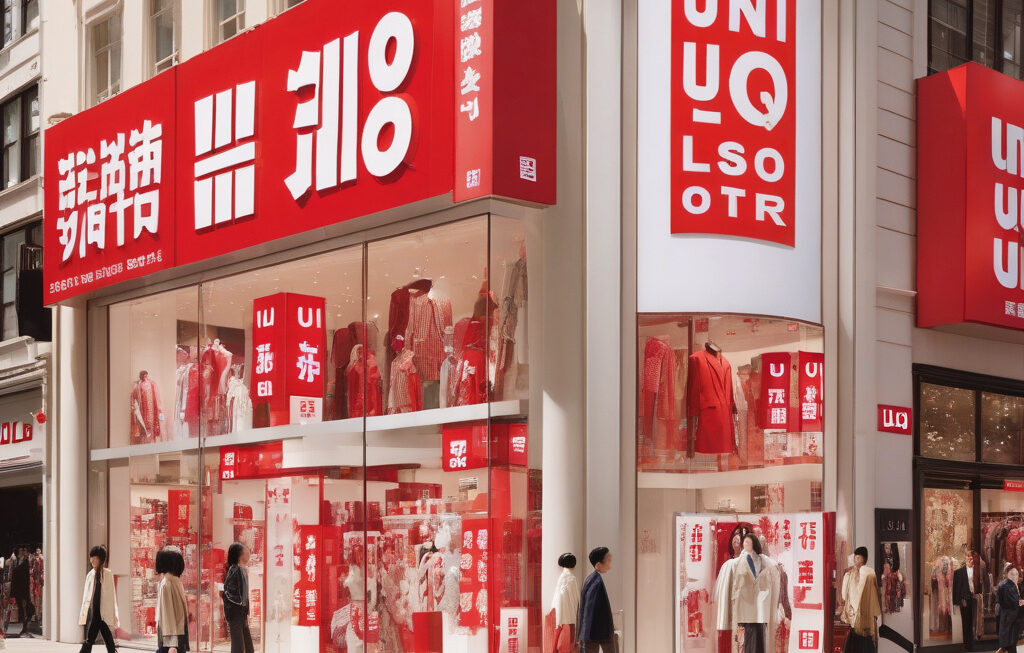Zara Owner Inditex Posts Slowing Growth
Inditex, the powerhouse behind the globally renowned fast fashion brand Zara, has recently made headlines for reporting a lukewarm start to the second quarter. The company, known for its ability to swiftly bring catwalk trends to the masses at affordable prices, has issued a cautionary statement regarding the potential impact of foreign-exchange fluctuations on its financial performance. This announcement has prompted a sharp decline in the company’s stock value, sparking concern among investors and industry analysts alike.
Inditex’s acknowledgment of a subdued beginning to the quarter serves as a stark contrast to its traditionally robust growth patterns. The Spanish retail giant has built a reputation for its agility in interpreting runway styles and swiftly delivering them to consumers through its extensive network of stores worldwide. This approach has not only propelled Zara to the forefront of the fast fashion industry but has also contributed significantly to Inditex’s overall success in the global market.
However, the warning about the heightened influence of foreign-exchange dynamics on Inditex’s financial outcomes introduces a new layer of uncertainty for the company. As a multinational corporation with a vast international presence, Inditex is inevitably exposed to currency fluctuations that can impact its revenue and profitability. The acknowledgment that these fluctuations may have a more substantial effect than initially foreseen has understandably raised concerns among stakeholders about the company’s future performance.
The market’s reaction to Inditex’s announcement was swift and decisive, with shares experiencing a notable decline in response to the news. Investors, who closely monitor the company’s financial health, responded to the warning about potential challenges ahead by adjusting their positions, leading to a dip in the stock price. This reaction underscores the significant influence that Inditex wields in the retail sector and highlights the importance of transparent communication from corporate entities to maintain investor confidence.
Despite the current challenges and uncertainties facing Inditex, the company’s track record of innovation and adaptability suggests that it is well-equipped to navigate the evolving landscape of the fashion industry. By staying true to its core values of responsiveness to consumer trends and operational efficiency, Inditex has demonstrated resilience in the face of previous obstacles and emerged stronger as a result. This resilience, coupled with a commitment to strategic decision-making, positions the company favorably to address the issues at hand and chart a course for sustained growth in the future.
As Inditex grapples with the implications of slowing growth and external economic factors, the company’s ability to leverage its strengths and address its challenges will be critical in determining its trajectory moving forward. By maintaining a focus on innovation, customer engagement, and operational excellence, Inditex can mitigate the impact of external pressures and continue to deliver value to its shareholders and customers alike.
In conclusion, Inditex’s recent revelation of slowing growth and concerns regarding foreign-exchange fluctuations serve as a reminder of the complexities inherent in the global retail landscape. While the company may face challenges in the short term, its proven track record of resilience and adaptability positions it well to overcome obstacles and drive future success in the ever-changing fashion industry.
Inditex, Zara, Fashion, Retail, Growth











